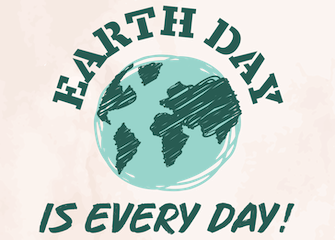
Earth Day. An annual global event celebrated on April 22 to demonstrate support for environmental protection. It was first observed in 1970 and has since grown into a worldwide movement involving over a billion people across 193 countries. The event aims to raise awareness about critical environmental issues such as climate change, pollution, deforestation, biodiversity loss, and the depletion of natural resources.
Purpose and Significance
The primary goal of Earth Day is to mobilize individuals, communities, organizations, and governments to take action for the planet’s health. It emphasizes the importance of sustainable living, renewable energy adoption, and conservation efforts. Earth Day has also been instrumental in driving key environmental legislation, such as the Clean Air Act and Clean Water Act in the United States.
Themes
Each year, Earth Day adopts a specific theme to highlight pressing environmental challenges:
- 2025: “Our Power, Our Planet™,” emphasizing the transition to renewable energy and tripling clean electricity generation by 2030.
- 2024: “Planet vs. Plastics,” focusing on reducing plastic pollution.
Activities
Earth Day inspires diverse activities worldwide, including:
- Tree planting and reforestation efforts.
- Community clean-up drives.
- Recycling campaigns.
- Educational workshops and lectures on sustainability.
- Advocacy for green policies and renewable energy.
Legacy
Since its inception, Earth Day has played a pivotal role in uniting people globally to protect the planet. It serves as a reminder of humanity’s shared responsibility to ensure a sustainable future for coming generations.
: Earth Day, environmental protection, sustainability, renewable energy, climate action, ecological stewardship, global event, clean energy, community engagement, April 22.